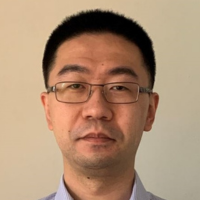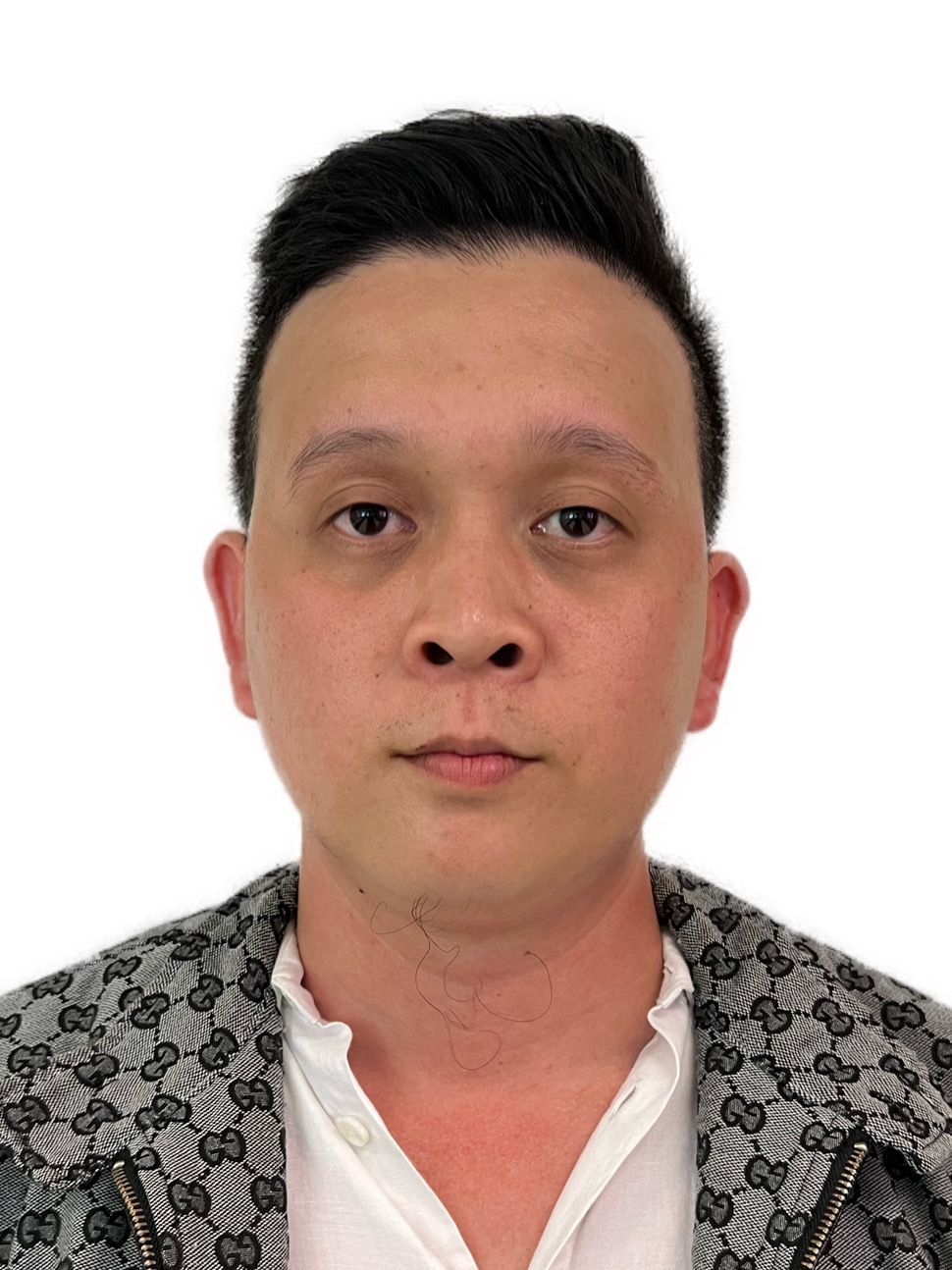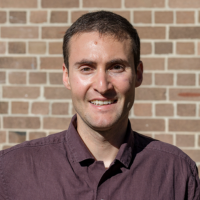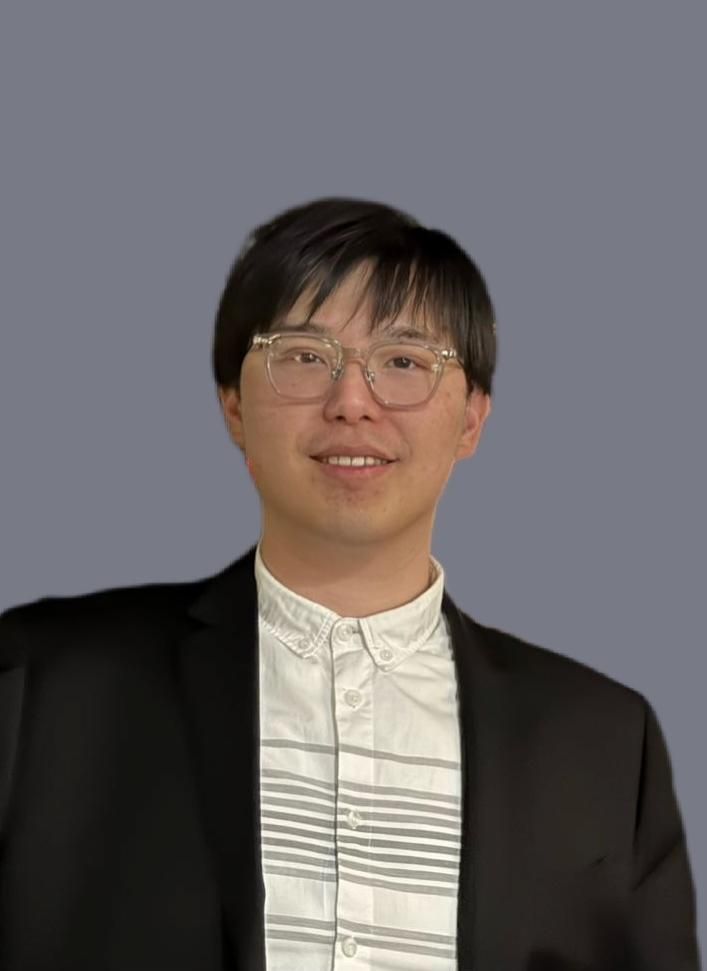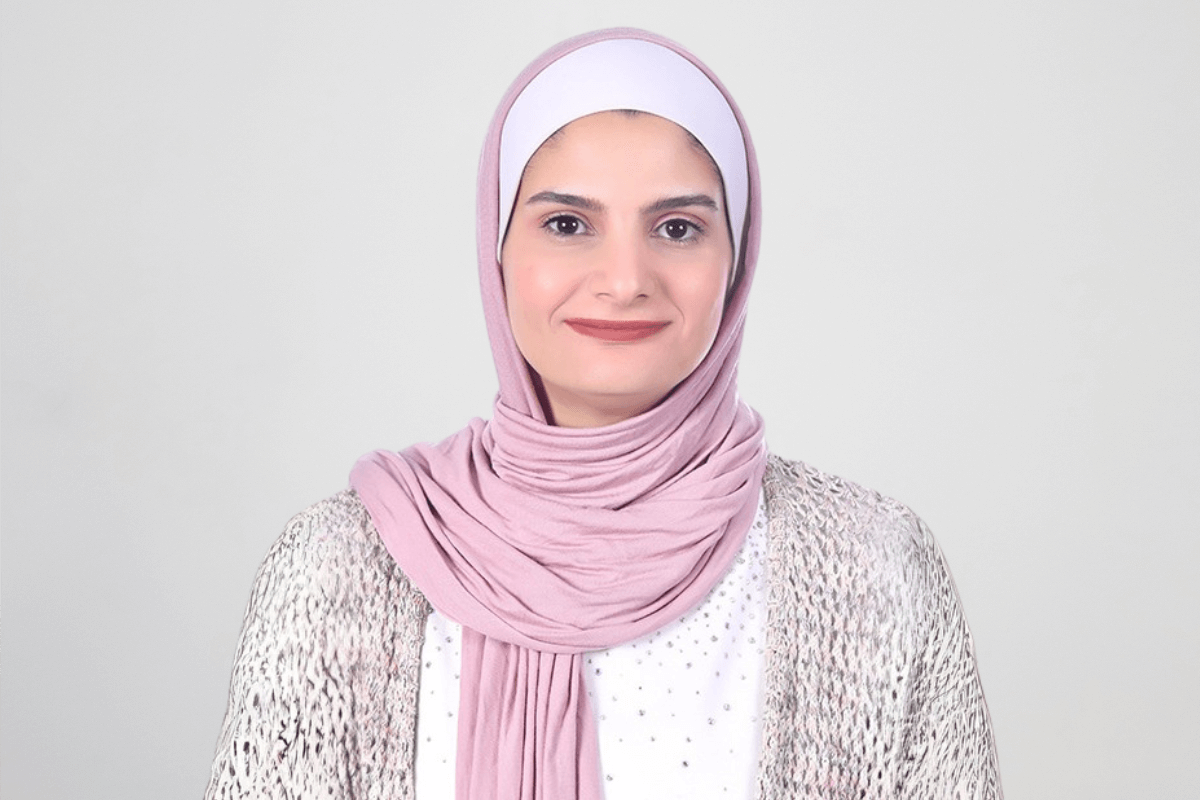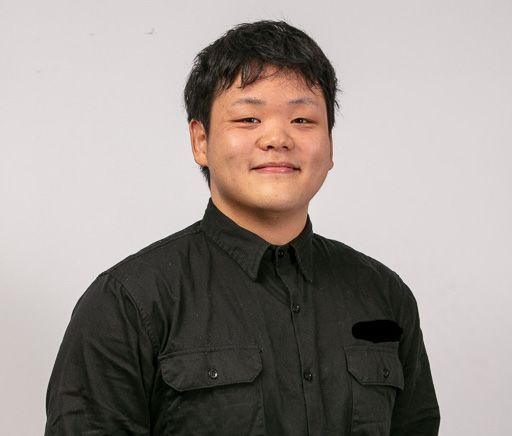Leveraging innovative technology to advance Australia’s composites capability: a look into the work of ACM CRC-USYD researchers
Leveraging innovative technology to advance Australia’s composites capability: a look into the work of ACM CRC-USYD researchers
The composite materials market is a rapidly expanding sector of the global economy, sporting a forecast compound annual growth of 7.6% (2020 to 2027). To pave a new path for Australia, and to keep the nation at the forefront of the field, ACM CRC is working to reduce import dependency, penetrate export markets, increase sustainability, shorten prototyping lifecycles, and create an accelerated automated composites manufacturing capacity.
The work of five PhD students and three postdocs from consortium Partner, The University of Sydney (USYD), is enabling the CRC to edge closer to its goals.
The following are some of the specific areas of research they’re working to advance.
Environmental engineering and Artificial Intelligence (AI)
As a first class honours civil engineering graduate from Universiti Teknologi Malaysia, Abila Anayet is putting her sustainable construction materials and environmental engineering knowledge into play.
Through her PhD, she is investigating the application of AI for quality control in structural steel fabrication, aiming to optimise Non-Destructive Testing (NDT) methods to improve fabrication efficiency, minimise defects, and ensure compliance with Australian Standards.
Abila is also positioning her work to contribute to a broader structural health monitoring approach for diagnosis and prognosis, enabling more proactive and data-driven decision-making in structural engineering. Her passion for building systems that have real-world impact will, no doubt, help in shaping smarter more efficient engineering practices.
Robotics
Dr Yiduo Wang received his DPhil Engineering Science degree in 2023 from the University of Oxford, as a member of the Oxford Robotics Institute (ORI). Prior to this, he achieved a Distinction in MRes Robotics at UCL and graduated with Class 1 honours in BEng (Mechatronic) from the University of New South Wales.
You can now find Dr Wang in USYD’s Australian Centre for Robotics (ACFR), where he’s undertaking research on robot perception, localisation and navigation, plus related fields such as control and planning. His excellent mathematical skills and mechanical and electronic knowledge, combined with his strong programming and computer skills, are proving incredibly useful in advancing ACM CRC in the composites sector.
Machine Learning, 3D printing, and a circular economy
In late 2023, ACM CRC launched a project with partners HERA, The University of Sydney and ANSTO, which is leading the way in digital transformation for Circular Design 4.0. Specifically, the project is monitoring and leveraging AI in Circular Design 4.0 to empower designers, manufacturers and policymakers to make more informed decisions, optimise resource utilisation, reduce waste and create products that align with the principles of the circular economy.
PhD student, Van Thu Huynh, is working on this HERA project, applying and developing probabilistic machine learning models for assessing the reliability of structural design and topology optimisation. Specifically, he’s aiming to establish an AI-based monitoring system for assessing the quality of manufactured composite products, including steelwork, with his work also encompassing the development of novel 3D printing techniques.
Joining him on the project is ACM CRC postdoc, Dr Vladislav Yakubov. Dr Yakubov achieved his PhD in Mechanical Engineering in 2022, and is now researching additive manufacturing techniques and novel material characterisation techniques of welded and 3D-printed metal composites. His expertise in this area is being directly applied to the CRC's goals of enhancing manufacturing processes and developing high-performance materials.
Also investigating additive manufacturing techniques, such as laser cladding for industrial applications, is PhD student Zhiwang Li. Zhiwang has a BEng in Mechanical Engineering and an MPhil in Mechanical Engineering, and is now, through his PhD, seeking to optimise laser cladding processing parameters to improve wear and corrosion resistance of metallic coatings. He’s looked into using 3D printing technology to change material design and fabrication, regarding the development of high-wear-resistance polymer composites and is researching recent advances in this field, focusing on the selection of key printing parameters (such as layer thickness, print speed, infill density and printing temperature) and material compatibility optimisation, to enhance print quality and tribological performance. Ultimately, his work introduces the potential for laser cladding to significantly extend the lifespan and performance of critical components in the mining, aerospace, automotive and marine industries.
Several other ACM CRC projects are keeping the circular economy front-of-mind. PhD student, Wlla Abbad, is exploring innovative approaches to recycling and reusing materials, and is contributing to critical advancements in the sustainability of metal composites. In 2024 she was awarded the HERA ‘Women in STEM’ Scholarship, which has helped advance her work in additive manufacturing and the sustainable development of composites.
Dex Chang is another PhD student working within this field. He’s focused on connection design in composite timber-steel structures using Circular Design 4.0 technology. His research leverages advanced tech including AI, virtual reality, BIM, and digital twins, and is revealing how composite design can have a huge impact on the construction of new buildings. Specifically, he believes modularity and reusability will have huge potential in the construction of residential buildings, reducing the overall cost of the construction project and helping protect the environment. As an end goal, he hopes to develop a tool to assist industrial engineers in the design of the relative connection with AI and machine-powered analysis.
Sustainable waste management in the composite industry is another key step towards achieving a circular economy. Through her research, ACM CRC postdoc, Dr Yaning Wei, is performing an in-depth market analysis of the recycling potential for fibre-reinforced polymer (FRP) composite materials within the Australian context. The initiative is identifying viable recycling pathways that will lead to the development of long-term, sustainable FRP recycling solutions. Through this work, the CRC aims to facilitate the industry’s transition towards circular economy practices, minimising environmental impact while optimising resource use.
“There are several barriers spanning the current composites development lifecycle, from material design to product realisation,” said Dr Anna Paradowska, Professor in Advanced Structural Materials at The University of Sydney. “We’re striving to up-skill the country’s sovereign capacity for more valuable outcomes and to de-risk and enable future industry access to advanced automation, simulation and digitisation.
“This also means upskilling the next generation of composites technologists – the leaders of tomorrow’s industry – so they may help sustain Australia’s long-term competitive advantage. Our students and postdocs from The University of Sydney are introducing technology competitiveness and driving change where it’s needed. They’re helping progress the nation’s composite manufacturing capability. It’s exciting to have witnessed their outputs to date, and to know the future of our composites market is in good hands,” Dr Paradowska concluded.
Read about ACM CRC’s Education & Training targets here:
https://www.acmcrc.com/education-and-training.



